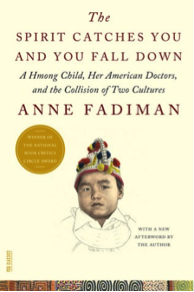Some books written at a higher reading level may be suitable if the content is sufficiently interesting to attract beginning readers and challenge them to learn new vocabulary and concepts
Wordless picture books often have excellent potential if the pictures are not too babyish
Datedness:
Unless the story’s setting is historical, hairstyles, fashions, and cars pictured should be contemporary Books on looking for jobs and managing money should be recent enough to present realistic examples

Subtle Messages:
Some books give subtle clues that they are intended for children (e. g., in one book the text reads, “It helps you grow. It makes you strong.”
The covers of some books carry series titles like “Junior World Biographies,” spines may be labeled “Chelsea Juniors,” dust cover notes may refer to children
Some otherwise appropriate books include “notes to Parents” or “Notes to Teachers”
Usually, “Juvenile Literature” appears in the subject heading provided with the Cataloging-in Publication (CIP) information
*For more detail, see Walling, L. L., & Cruce, M.M. (1995). Recreational Reading for Adults with Mental Retardation. In Walling, L.L., & Irwin, M. M. (Eds.), Information services for people with developmental disabilities: The library Manger’s handbook (pp.197-209). Westport, CT: Greenwood Press